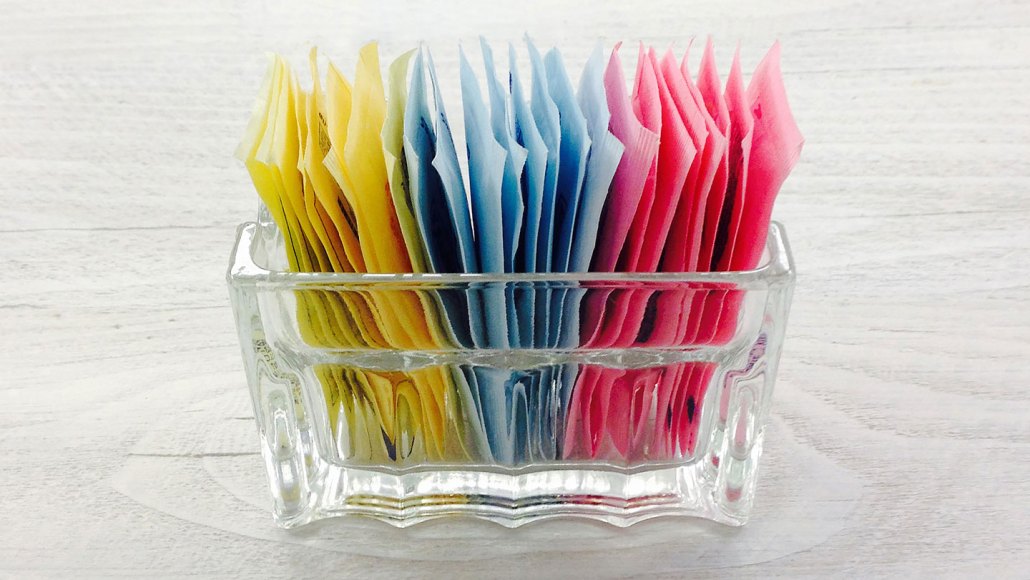The sugar substitute sucralose makes immunotherapy less effective
Sucralose affects the gut microbiome in ways that reduce the efficacy this cancer treatment

Artificial sweeteners containing sucralose led to worse outcomes for cancer patients on immunotherapy, in a new study.
Bill Boch/Getty Images